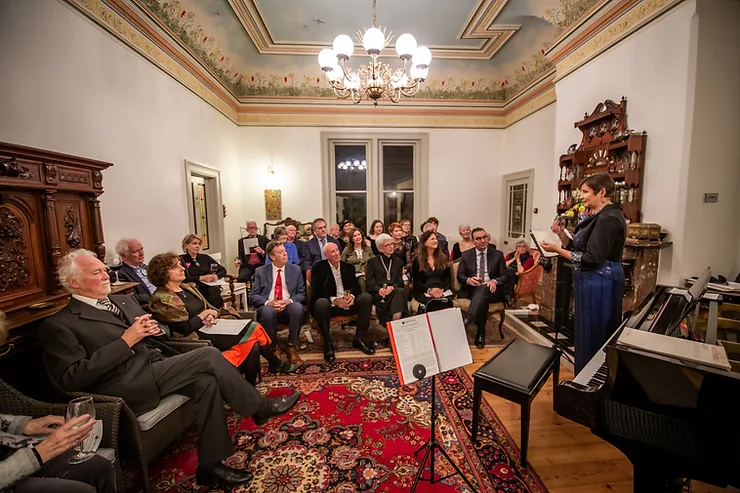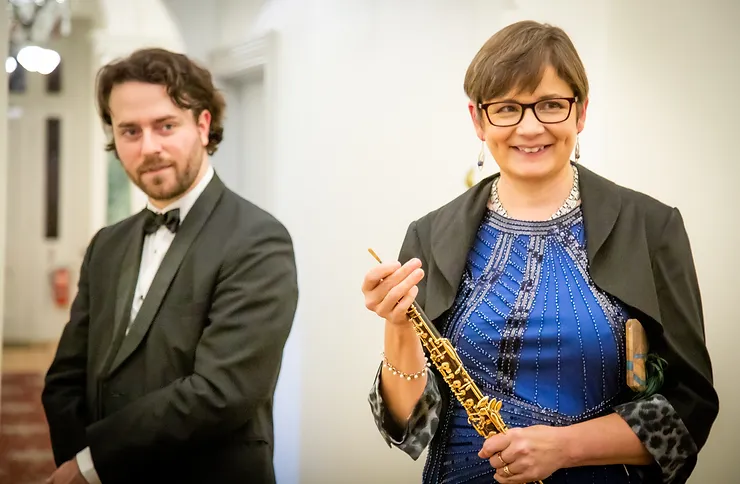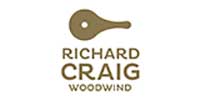In part one, I explained when I was fifteen, entering a specialist music school, I considered how my ideal chamber music career might look.
My vision was clear.
Groups of highly-trained, independent musicians. Playing at the top of their game. Meeting to play beautiful chamber music. Each bringing unique ideas, sounds, and artistic integrity.
The concept is a bespoke performance for smaller audiences in unique, picturesque venues—historic houses, homes, gardens, schools, hospitals or municipal buildings, and more—with other visitor and audience sectors rather than the traditional ‘arts’ for inspiration: artisan production, museums, gardens, and sports, marketed with style and vibrancy.

Each musician brings new ideas, experiences, and audiences—patrons, colleagues, pupils, friends—growing a new following for classical music in our local community.
To freelance, you’re as good as your last gig. Independent musicians always need to play at the top of their game, creating new ideas, marketing, and innovating.
These musicians support our major performing arts groups by making themselves available at short notice. To keep in shape, it’s vital to play at or beyond professional standards.
The vitality of an independent arts scene
A diverse and thriving independent scene is a hallmark of many of the world’s most energetic cities.
Despite (or perhaps because of) the impact of the global pandemic on borders and travel, Adelaide is enjoying a musical renaissance.
Many musicians have returned to Adelaide—their starting point—with its proud legacy of progressive music education. Many others, like myself, have decided to settle here.
COVID has forced us all to rethink our careers, our audiences, and our concepts.
“Smaller, intimate chamber concerts are more viable and attractive. New venues delivering small-scale experiences contribute to our livable city ratings—especially during festival times, where we could celebrate and showcase our vibrant local culture.”
Smaller, intimate chamber concerts are more viable and attractive. New venues delivering small-scale experiences contribute to our livable city ratings—especially during festival times, where we could celebrate and showcase our vibrant local culture.
A lively arts scene drives our lifestyles, imaginations, and quality of life. It boosts tourism, supports our festivals, and illustrates our very special UNESCO ‘City of Music’ status.
Plus, high-level chamber music is fun!

Creative minds listen to each other. Considering, evaluating, adapting, creating, and collaborating—this is the very act of rehearsing together. As German philosopher Goethe said of chamber music, it is “a conversation between intelligent minds”.
Participation in music, whether through listening or learning, delivers moments of shared connection that boost our wellbeing.
And with our society’s ongoing mental health epidemic, connection is especially valuable. Building this chamber music portal with live concerts builds artistic culture, UNESCO ‘City of Music’ status, and visibility.
Future plans
I’m especially interested in how chamber music’s growth reflects the growing independence of artists away from church and patrons—genuine, democratised music through home participation and subscription.
This also reflects what’s happening now in South Australia. It’s an exciting time to be here, and this is my life’s work.
To attend upcoming chamber concerts, or to book a private event—all supporting independent sector growth—please subscribe to my database here.
Former Chairman of BBC Symphony Orchestra London, an elected Associate of the Royal Academy of music since 1997 and former President Australasian Double Reed Society, Celia Craig is Resident Artist of the National Trust of South Australia. She was a Finalist in the Australian Women in Music Awards 2021.








